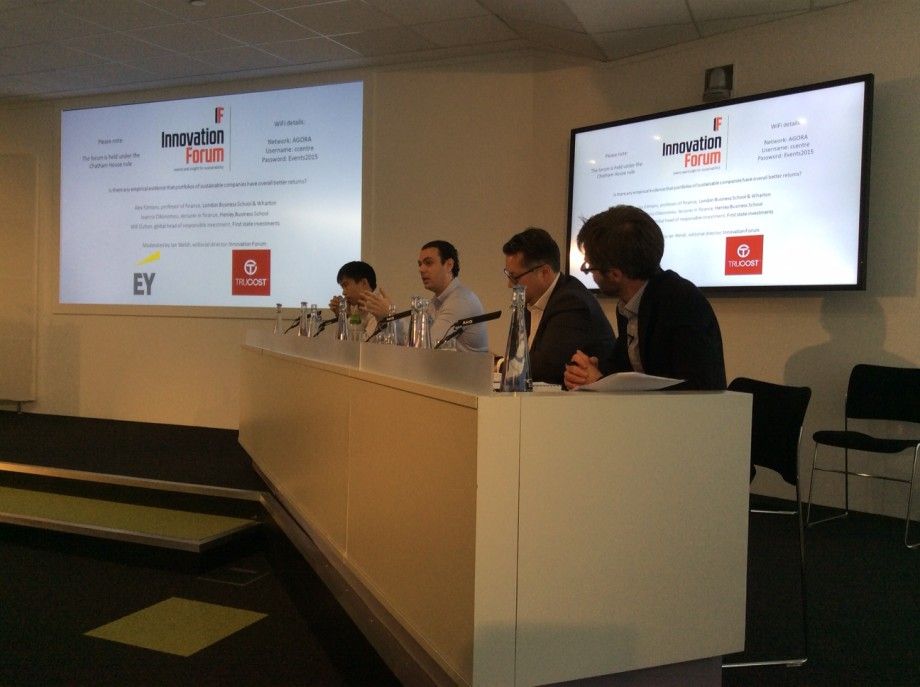Whether it is in the vineyards, the winery, the bottling plant, through the supply chain and on to retailers and restaurants, everyone in the wine industry has a role to play in being more sustainable. Next week’s Sustainable Wine Forum hopes to play its part in addressing this ever growing issue.
Tell us your background and the background to Sustainable Wine?
I’ve run sustainable business publishing, conference and consulting businesses since about 2001, when it used to be called corporate social responsibility.
My main business is called Innovation Forum and we focus on sustainability issues for large companies, mainly in supply chains, but also in areas such as plastics. I think I’ve been responsible (for better or worse!) for about 200 conferences in this area in the last 20 years. We publish a lot of interviews, webinars and so on too, on www.innovationforum.co.uk, and some of them may be of interest to your readers. They are all free, and we focus on agriculture a lot.
Wine has always been of interest to me, as most of my family are Wine Society members and my uncle collects and ages Musar and, for some reason, Gamay wines. He introduced me to aged wine and its potential about 20 years ago, and wine has become an obsession for me, it’s fair to say.
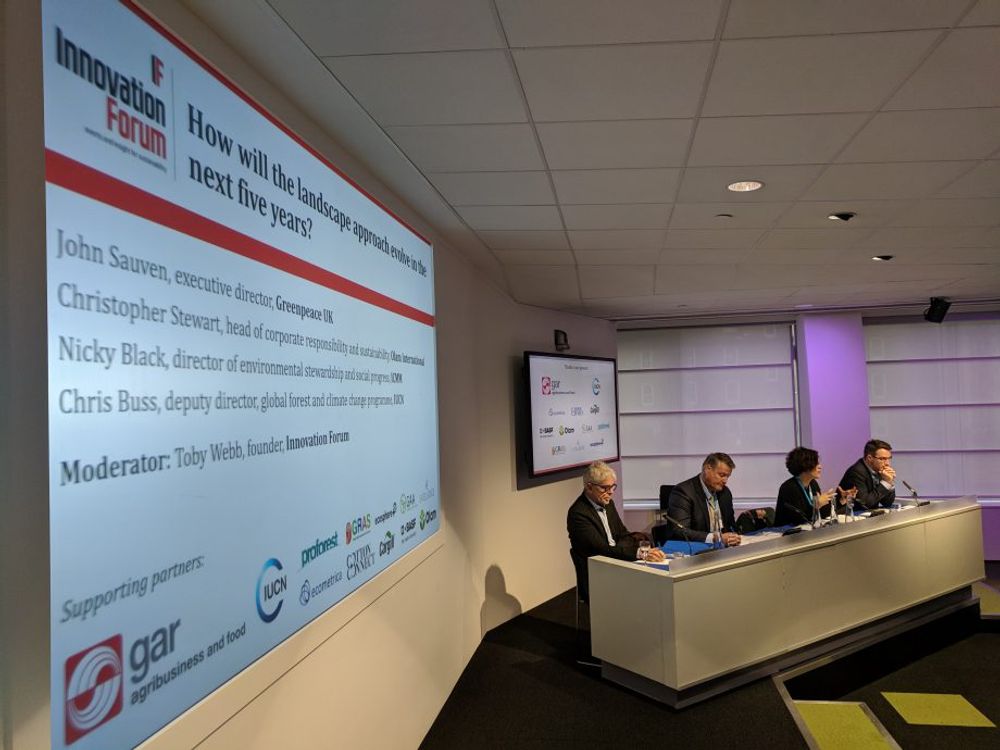
The Innovation Forum has run a large number of similar events looking at sustainability in other sectors
So as a pseudo-writer, podcaster etc, it seemed natural to start a blog on sustainable wine, which I have now turned into www.sustainablewine.co.uk. I’ve interviewed about 70 winemakers so far, since about 2015. I used to live in Provence for several years, and so focused a lot on Bandol originally. In 2018 my friend (and now business partner) Agatha Pereira and I decided to set up Sustainable Wine Ltd, and run sustainable wine conferences, alongside the website publishing.
What are your objectives for the wine industry?
Agatha and I feel there is a lot of potential to have debates and discussions to do a few things in the wine industry. Firstly, to help clarify what sustainability is, and where responsibilities start and finish. This is as complex in wine as in other industries where I work, in fact, more so in some ways.
Given the explosion of interest in the subject of sustainability, what it means, and where to start, in recent years in wine, we feel we can make a contribution to the conversation. Perhaps we can help some people learn about how to make wine more sustainable by hearing the views, and about the practices, of some of the leading practitioners. We’d like to run several events per year, perhaps more, around the world, and see where it goes from there.
On www.sustainablewine.co.uk we’d like to create a kind of practical online magazine in a way, about how to become more sustainable in wine. We are just at the start, so we’ll see where it leads.
You are hosting this new one day Sustainable Wine – The Future of Wine Forum in London on November 4. Tell us about that?
We ran a sustainable drinks conference back in about 2015 with Diageo, via Innovation Forum. It was a fascinating conference (the wine bits were the best!) but it wasn’t quite financially viable at the time. This new event, via Sustainable Wine Ltd, is 100% wine focused, and our aim is to help add some clarity to the conversations, and have a day of discussion with some leading winemakers, but also others in the wine value chain.
Can you give us an idea of the agenda and how the day will work?
It’s all very Q&A and discussion focused. We largely ban speeches and PPT, except for our closing keynote speaker, where it is needed. Instead we focus on trying to ask people the right questions, and seeing where the conversations flow. This is a model, with lots of interaction, that we use in Innovation Forum, and it works really well. Everyone has had enough of death by PPT and speakers sat under lights high on a stage. Our speakers will set right next to the audience, and it will be an informal setting.
Any key speakers you would like to highlight?
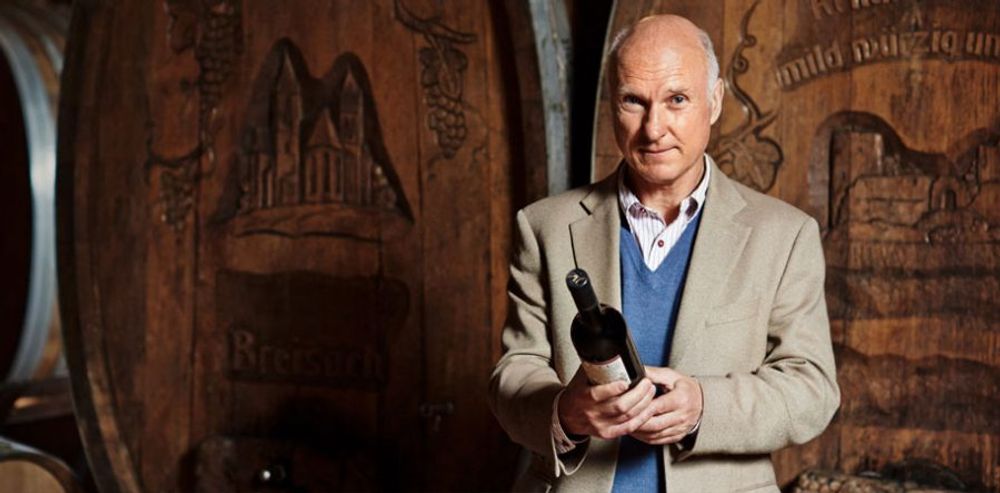
Wine consultant, Richard Bampfield MW, has been involved in helping to set the agenda and bring in speakers to the event and will help facilitate the forum
We’ve been incredibly lucky with speakers. I think they will all be excellent. We have half a dozen winemakers or more, and then some really interesting commentators and thinkers, from across the wine world. Beyond the vineyard, we are also focusing on labels, transparency, packaging and social issues. It’s great that buyers from Marks & Spencer, the Co-Op and Waitrose will be there too, as well as chief executives such as Basil Tesseron of Lafon Rochet and Damien Barton Sartorius of Château Mauvesin Barton, and Belén Iácono, chief agronomist of Catena Zapata, who is coming from Argentina to join us.
Richard Bampfield, MW, has encouraged and helped catalyse this event, and he will be helping facilitate. Finally, Ross Barclay-Beuthin of Cloud Agro has been incredibly supportive of us, and I’m really looking forward to hearing him talk about soil health.
What sort of level of audience are you looking to attract?
With a new business like this, one never knows. We have a really interesting mix of winemakers, vineyard owners, MWs, MW students, service providers, and retailers.
What are the areas you think the wine industry needs to address the most urgently when it comes to sustainability? Where are the quick wins?
Ha, the million euro question that one. The easy answer is a cop-out, that it depends on where you are in the value chain. Climate mitigation and adaption are of course key, and the innovations that are starting to take hold there are fascinating, and will change the industry significantly by say, 2035, perhaps much sooner. But in packaging, waste reduction and unnecessary use of packaging materials is key. For retailers, consumer engagement and balancing demands for transparency with practicality are vital. There’s a long list!
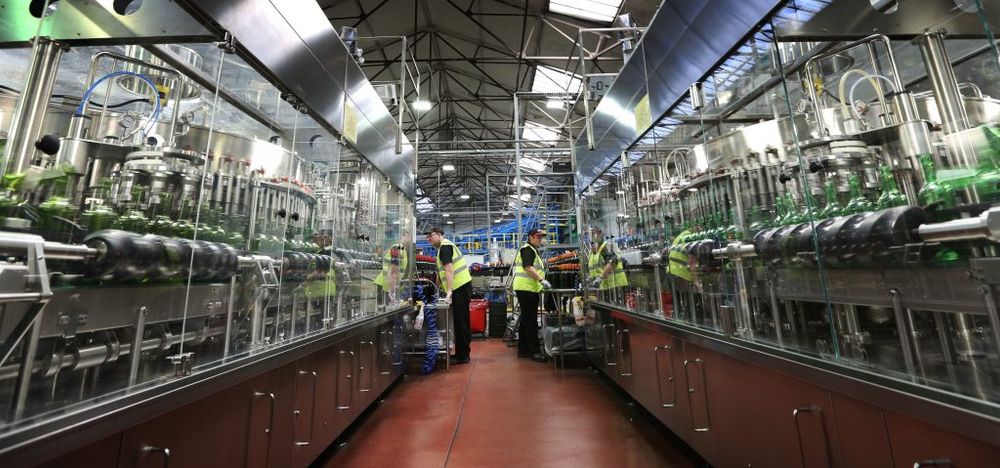
The Lanchester Group is using water pumped out of disused coal mines as a way to generate energy for its wine production and bottling facilities
Quick wins: Stop wasting money. Something like 45% of CO2 emissions are from heating buildings. Timer switchers, bulb changes, trucks not allowed to drive empty, insulation, energy efficiency. Boring but quick wins. Others: lighter bottles, please! I know Jancis Robinson MW has made a lot of this, and she is completely right. You CAN have nice 300/400g bottles, if you are smart about it. Smart design is going to be a significant area in the coming years.
Do we need more certification – or more joined up certification to help promote and push sustainability around the world?
Joined up certification is the easy answer to that one, but as someone once said: “For every problem there is a solution that is simple, neat—and wrong”.
I would really like to hold a series of debates about joining up certification. It’s been a huge area for debate in other commodities, and the jury is still out. There are many regional variations.
In other areas, transparency (as a start) has become more mainstream than certification (no certified food/agri commodity world-wide has more than 20% market share) but it is not clear that certification is anyone other than a useful tool in the box, for some.
To quote the late great Eric Hoffer, in the worst cases: “Every great cause begins as a movement, becomes a business, and eventually degenerates into a racket.”
That is the challenge for certification, whether that racket becomes ideological or financial related market ‘capture’ by vendors with a vested interest (as with many ethical audits in food/non food).
Yet there has been far too much in terms of expectation placed on certification. It has been seen, wrongly, as a magic bullet. Nothing like this exists. It’s a bit like renewable energy vs coal of the past. The answer is no one solution, but a combination.
A lot of work is happening in vineyards and with viticulture, how about down the supply chain and into retailers and restaurants? Would you like to see more being done by chains/ outlets/ individuals?
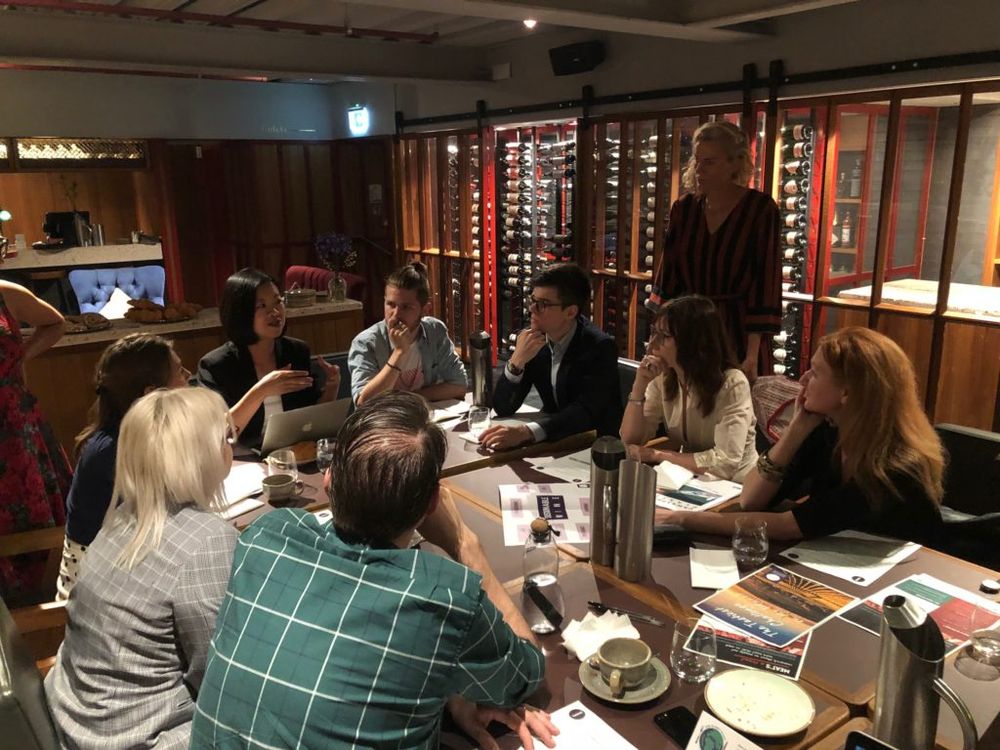
The recent Jascots Wine debate with restaurateurs about how they can become more sustainable with their wine ranges has generated a lot of response
There’s a huge change happening in packaging, logistics, storage and retail. The anti-plastic hysteria is unfortunately, pushing companies to make some silly choices and promises at the moment. Plastic is great cheap way of preserving products, but only if the material composition is right for recycling, and of course, if the infrastructure is there. I don’t want to drink wine out of plastic though, and this is where lower bottle weights can play a key role.
The best thing retailers and individuals can do first, in my view, is demand transparency. That leads to so much other activity. Of course, retailers also need to set minimum standards. Some people love to hate Tesco and Wal-Mart, but these huge buyers have done more to enable important (accelerating) incremental sustainability change than any inspirational ethical brand. Both are important.
Restaurants can do a lot.
How can people get involved in Sustainable Wine in the long term?
Sign up to www.sustainablewine.co.uk (it’s free) and read our news round ups, engage with what we are doing and send us ideas. We’d love to work with others, and discuss over a good glass of wine!
What other events and projects do you have planned?
This will be an annual conference now. But we may do some more focused events on different areas of wine. We have some ideas for 2020, including a USA event. We’ll report back on the website as soon as we can catch our breath after this upcoming Novts ember 4 event at the Conduit Club.
- To find out more about the ‘Sustainable Wine – Future of Wine’ event in London’s Conduit Club on November 4 click here. The event, which is being held under Chatam House rules, costs the following: for retailers, distributors, consultants and the wine trade £295; wine producers £230.00; non-wine professionals £250.00; and students and sommeliers £130.00. To register click here.
